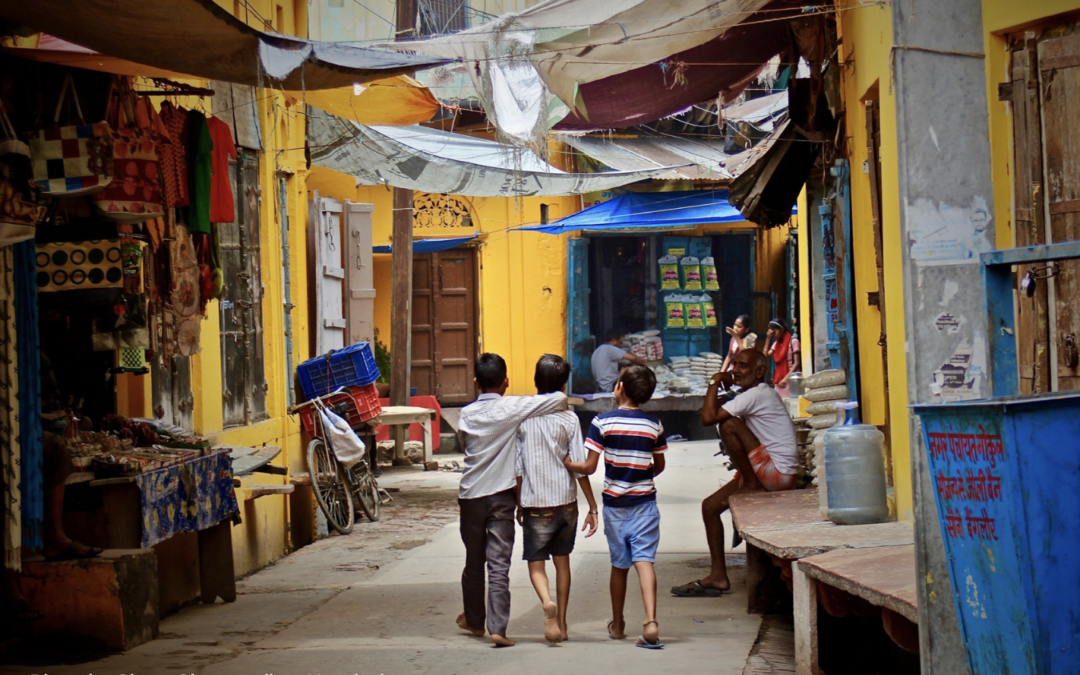“Income, health, having someone to count on, having a sense of freedom to make key life decisions, generosity, and the absence of corruption all play strong roles in supporting life evaluations”
Each year on March 20th, the International Day of Happiness, the Sustainable Development Solutions Network releases a comprehensive summary, the World Happiness Report, detailing the wellbeing and happiness of the world using data from the Gallup World Poll. Even though it’s been 11 years since the creation of the World Happiness Report, the fundamental assertions of the report have remained the same: happiness can be measured through surveys, and it’s possible to identify key determinants of wellbeing.
As with the 2022 World Happiness Report, this year’s report emphasized disruptions to our everyday lives, including the financial and inflation crisis, the COVID-19 pandemic, the war in Ukraine, and the climate crisis. This year’s report focused on an analysis of 2020, 2021, and 2022, three years in which these crises, and others, made a powerful impact on the world.
This year’s World Happiness Report aims to answer five questions:
- What the consensus view about measuring happiness is;
- How trust and benevolence saved lives and supported happiness throughout COVID;
- What state effectiveness really is and how it impacts human happiness;
- How altruistic behavior affects happiness;
- How social media allows us to measure levels of happiness and distress.
The World Happiness Report helps us visualize and understand the disparities between countries that contribute to a country’s happiness ranking. The happiness rankings based on a three-year average found that, for the 6th consecutive year, Finland ranked first as the world’s happiest country. In fact, they are even inviting people to a happiness masterclass in Finland to learn about happiness for free! Denmark, Iceland, Israel, and the Netherlands followed closely, making up the top 5 happiest countries, respectively, with an average life evaluation of 7.559 out of 10. The five least happy countries from 2020-2022 are the Democratic Republic of Congo, Zimbabwe, Sierra Leone, Lebanon, and Afghanistan, with an average of 2.76. Thanks to this ranking, we can see a significant gap in life evaluations between the top 5 and bottom five happiest countries, a difference in life evaluation of 4.799.
At OneNature, we know that our current way of life and the systems we have built to sustain it are inequitable, unsustainable, and economically precarious. We believe that the inclusion of wildlife and human wellbeing in national and international decision-making frameworks will prove to be instrumental in the growth of happiness around the world. The Annual World Happiness Report is a wonderful way to raise awareness of the importance of happiness and sustainability.
